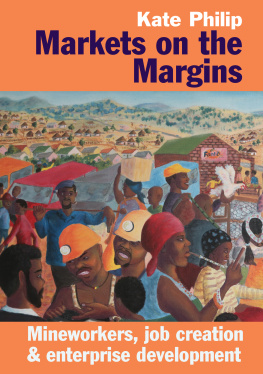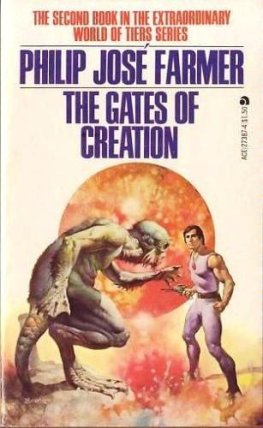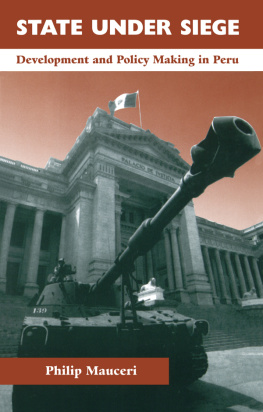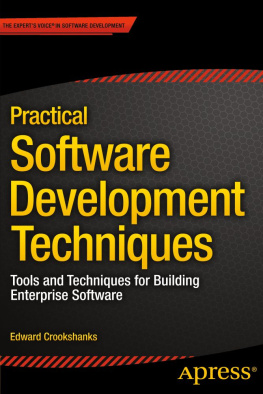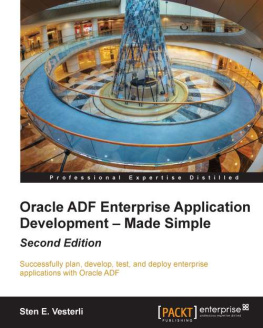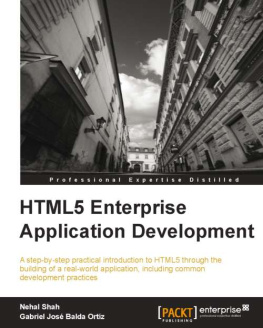Markets on the Margins
In 1987, workers in South Africas National Union of Mineworkers (NUM) staged a historic national strike, and 40,000 mineworkers lost their jobs. To assist them, the NUM set up a job creation programme, starting with worker co-operatives before shifting to wider enterprise development strategies. Against the backdrop of South Africas transition from apartheid to democracy, this programme provided support in communities hard hit by escalating job losses on the mines - including in neighbouring countries. In this book, Kate Philip, who ran NUMs job creation programme for over a decade, charts the often-difficult lessons learned from grappling with the limits and opportunities that such market participation offer to reduce poverty and improve livelihoods. She explores whether and how it might be possible to make markets work better for the poor and what the notion that markets are social constructs might mean for constructing them differently.
Kate Philip is a Senior Economic Development Advisor in the Government Technical Advisory Centre (GTAC), an agency of South Africas National Treasury, and, through the International Labour Organisation, she has also been supporting the government of Greece in the roll-out of a public employment programme.
Related James Currey titles on South & Southern Africa
South Africa. The Present as History:
From Mrs Ples to Mandela & Marikana
John S. Saul & Patrick Bond
Liberation Movements in Power: Party & State in Southern Africa
Roger Southall
The New Black Middle Class in South Africa
Roger Southall
Mandelas Kinsmen: Nationalist Elites & Apartheids First Bantustan
Timothy Gibbs
Women, Migration & the Cashew Economy in Southern Mozambique
Jeanne Marie Penvenne
Remaking Mutirikwi:
Landscape, Water & Belonging in Southern Zimbabwe
Joost Fontein
Writing Revolt: An Engagement with African Nationalism, 195767
Terence Ranger
Colonialism & Violence in Zimbabwe: A History of Suffering
Heike I. Schmidt
The Road to Soweto: Resistance & the Uprising of 16 June 1976
Julian Brown
The War Within: New Perspectives on the Civil War in Mozambique, 1976-1992 *
Eric Morier-Genoud, Michel Cahen & Domingos M. do Rosrio (eds)
Township Violence & the End of Apartheid: War on the Reef *
Gary Kynoch
* forthcoming
Preface
Just when I thought the manuscript for this book was done and dusted, a final reviewer came back with the comment that I am never introduced to the reader; that, in particular, an explanation is needed for how a white middle-class woman ended up running the development programme of South Africas National Union of Mineworkers during the apartheid years. Its not a question I had thought to answer the focus of the book is on development strategy it is not a memoir. Yet, once asked, it is hard to argue that race, class and gender are irrelevant.
Where, however, to start? Age eight years seems as good a place as any: in a history class at school. We were studying the Great Trek: the moment when the Boers leave the Cape, a pivotal moment for Afrikaner identity and South African history. They table a list of grievances against the British: many no doubt legitimate. The last on the list, however, registers their protest at the anti-slavery campaign led by Dr John Philip. The same picture of him as hangs in our dining room looked out of the history textbook at me with a quizzical expression that asked: so what side of history are you on?
I grew up in a family that knew the answer to that question. By the time I got to high school, my parents had started a small independent publishing company to tilt at windmills and to contest apartheid ideology, too. David Philip Publishers operated from our home. So after school, I would often find renowned authors on the stoep, unknown poets under the lemon tree, or artists unwrapping the tissue paper from their illustrations in the lounge. They all seemed to stay for drinks. There was no question that ideas mattered and that yours did too.
Each year my parents would go to the Frankfurt Book Fair, often leaving my sister and me in the care of Tessa Fairburn who was, at the time, an English teacher at Livingstone High School. This was a coloured school at a time when schools were strictly segregated by race. On a series of Saturdays, Tessa took me there to rehearsals of Joan of Arc, which she was directing. From a fold-up wooden chair in the school hall, I watched, entranced by the teenagers strutting their stuff on the stage. They were older than me, and seemed dazzlingly sophisticated. I had a crush on at least two of the boys and Joan of Arc, of course. I dont think they even noticed I was there.
Then came the Soweto student uprising of 1976. I was sixteen years old. Cape Town was not untouched, and in anticipation of who knows what, buckets of sand were put outside our classrooms at my whites-only, girls-only school. Then one day, we heard that the students from Livingstone High were marching over Claremont bridge, across the railway tracks and in our direction. We could hear them, singing and chanting. I could imagine them Joan of Arc in front, flanked by the others, fists raised. Then we heard the sirens, the doef-doef of shots, the acrid smell of teargas wafting across the playing fields. For the rest of my school-mates, their apparent rout was a cause of celebration and relief. For me, however, the students marching over the bridge were not the other.
Small wonder, then, that when I got to the University of Cape Town I joined the student movement, under the auspices of the National Union of South African Students (NUSAS). NUSAS had a long history of mobilising opposition to apartheid on the mainly white university campuses, politicising a core within each generation, who were urged to use their skills in the interests of change. Many did and, although always a small cohort within the wider movement, white anti-apartheid activists could be found in the trade unions, in civil society, in the media, in the arts, as lawyers and across society, trying to find ways to make a difference in support of mass-based struggles.
The 1980s were a particularly heady period in this regard, with a myriad of forms of organisation mushrooming across the country in opposition to then Prime Minister P.W. Bothas reforms of apartheid. At the end of 1982 I was elected President of NUSAS. It was also during this period that the United Democratic Front was formed, echoing the African National Congresss clear message of non-racialism, reflected in the opening lines of the Freedom Charter, which says: South Africa belongs to all who live in it, black and white.
NUSAS joined the United Democratic Front (UDF), placing us clearly within the fold of the democratic movement. The formalisation of a non-racial student alliance took place then too a culmination of years of strategic engagement by student leaders who came before me.
So when, in 1984, the Congress of South African Students (COSAS), who organised students in schools, called on workers as their parents to support their struggles with a stay-away from work, NUSAS campaigned in support also. While this form of general strike later became a regular occurrence, this was the first time the mining and industrial heartland of South Africa was brought to a standstill, in what was termed the Transvaal Stay-Away.


